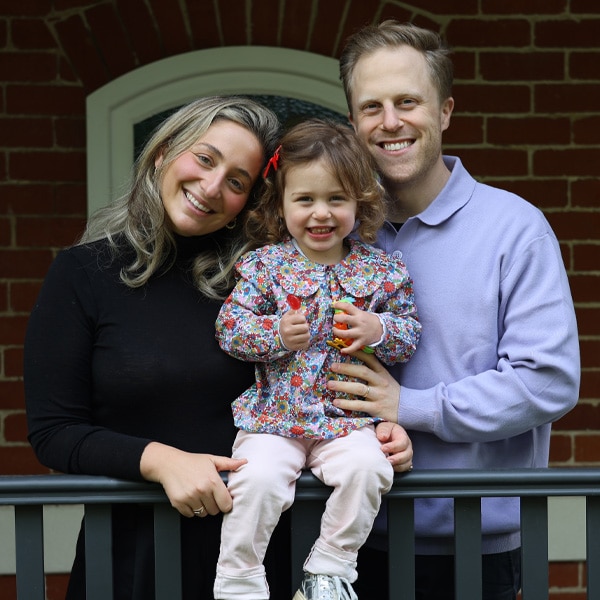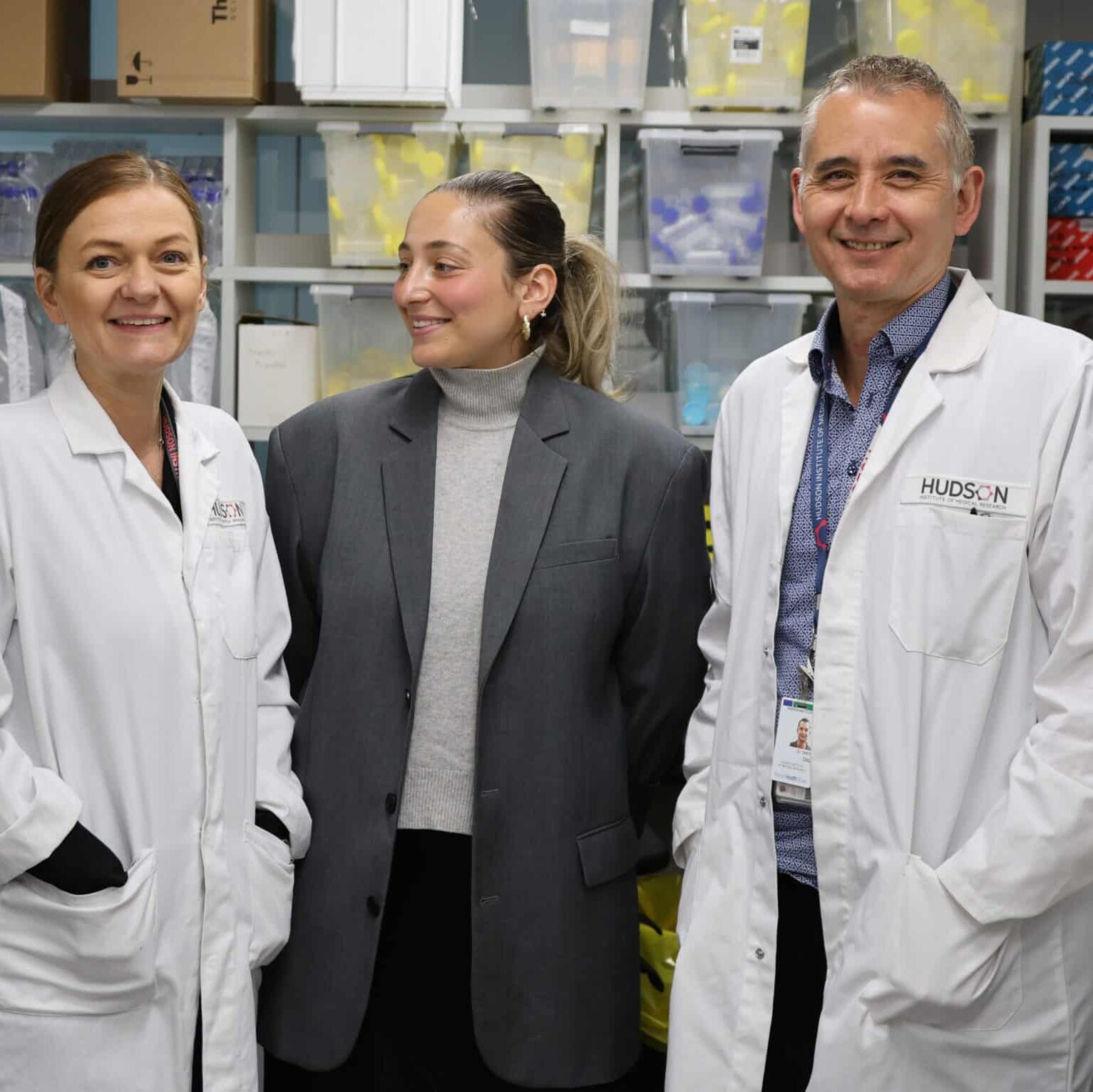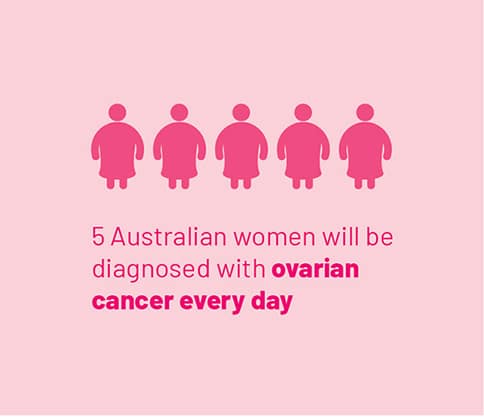Jessica Clark calls herself the luckiest unlucky person in the world - but she still wants to know why she got ovarian cancer at such a young age. Here Jessica share's her ovarian cancer story…

In 2016, not long after her 21st birthday, engrossed in study and looking to the future, ovarian cancer was definitely not part of Jessica's plans.
Neither was starting a family.
Diagnosis changes priorities
But when the ovarian cancer diagnosis came, Jessica's priorities were instantly shifted; apart from the realities of trying to beat the disease she suddenly had some urgent questions to answer.
"I had a different path that I envisioned for myself. And suddenly, there were things that were much bigger and much more important, like my health, having a family, having a partner who cared, living. A career was at the very back of my mind. My life got flipped, and what I wanted became very different."
The particular form of ovarian cancer Jessica had was a rare one: a Juvenile Granulosa Cell Tumour.
"It is the most lethal gynaecological cancer. And it doesn't get the airtime it deserves. That's not good enough."Jessica Clark

Even among the rare forms of cancer this one is uncommon. Granulosa Cell Tumours (GCT) make up between five and seven per cent of malignant ovarian cancers, and, the juvenile form (which can develop at any age) is a tiny fraction of that figure.
But apart from an incredibly supportive mother and her boyfriend (and later husband) Ben, Jessica had some powerful allies in her fight.
One was her specialist, Professor Tom Jobling, a world-renowned expert in these ovarian cancers. The other was Associate Professor Simon Chu's Hormone Cancer Therapeutics research group at Hudson Institute, which specialises in the study of this type of ovarian cancer.
Jessica also tapped into an incredible international team, the GCT Survivor Sisters, whose Facebook Group has become a powerful tool for empowering women with GCT and providing evidence for researchers like Dr Simon Chu.
But even with such wonderful resources in her corner, Jessica knows the statistics and she knows that her cancer battle is not yet won.
"With ovarian cancer like I had, juvenile GCT, you will have it for life. I have no evidence of disease, but you have to be tested, regularly. I will have to do that forever. That's a really scary thing." Jessica Clark
Jessica knows ovarian cancer may return
These cancers have a high recurrence rate, meaning Jessica lives with the knowledge that her cancer might return. With the lack of reliable tests for detecting ovarian cancer, it's a fear that is shared by thousands of women. Hudson Institute researchers are working to change that (read more on Ovarian cancer testing breakthrough: new hope).

Now, Jessica is getting on with her life. She's as busy as any young mother of two, but she also has another passion: raising awareness of ovarian cancers and raising funds for more research.






